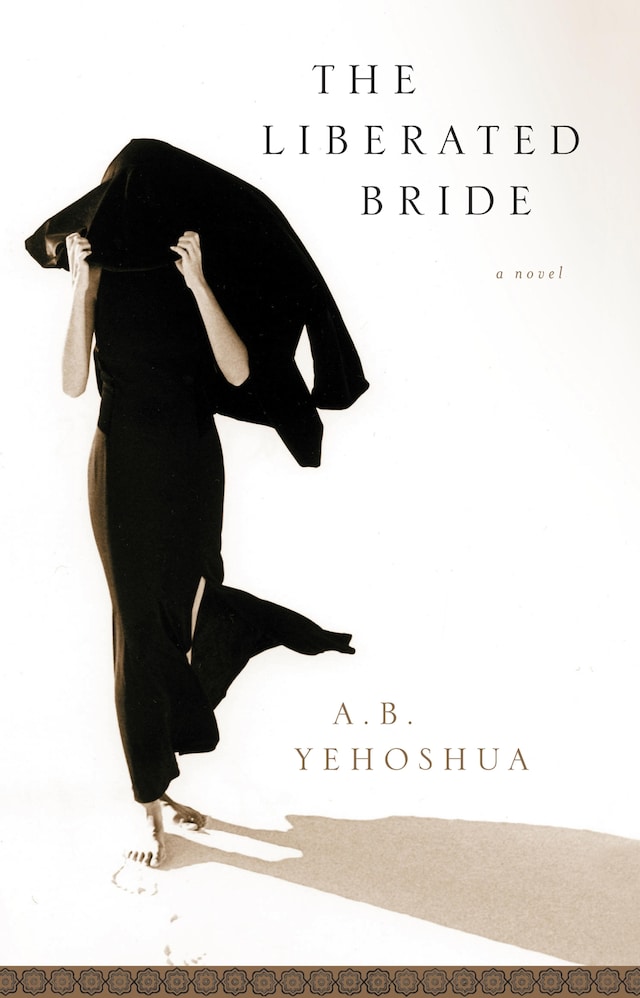
The Liberated Bride
Description of book
Yochanan Rivlin, a professor of Near Eastern Studies at Haifa University, is determined to understand two conflicts that have become central to his life: the Algerian civil war of the 1990s, which he feels will help him better understand the Arab mind and, more personally, his son's divorce. His is a double search for truth, each involving a different bride-Samaher, his newly-wed Arab research assistant from a village in the Galilee, and Galya, who deserted his son in Jerusalem with no explanation. Against his wife's better judgment, Rivlin tries obsessively to get to the core of both problems, crossing boundaries at once personal and political-man and wife, father and son, teacher and pupil, Jew and Arab. With equal measures of energy, humour, anxiety, and poetry, Yehoshua portrays a life sometimes improbable, often dark, and infinitely rich. The Liberated Bride is a feat of masterly storytelling from one of the world's great novelists. "The Liberated Bride seethes with emotions, dreams, ideas, humor, pathos, all against a backdrop of violence, conflict, and terror." The Sun (New York) "Yehoshua seeks to present two worlds, those of Israel's Jewish majority and its Arab minority. He has done it rather as Tolstoy wrote of war and peace: two novels, in a sense, yet intimately joined. Paradoxically -and paradox…is the book's engendering force -the war is mainly reflected in the zestfully intricate quarrels in the Jewish part of the novel. The peace largely flowers when Rivlin finds himself breaking through the looking glass into the Arab story." Richard Eder, The New York Times "The Liberated Bride is tinged with the kind of innate, unavoidable suspense that the threat of bus bombs brings." Herald Tribune "The boundaries that are broken down in The Liberated Bride include those within the self and others; mystical boundaries between self and God; political and cultural boundaries and finally, the stylistic boundaries of the novel itself, which Yehoshua is constantly stretching in different directions." International Jerusalem Post "A splendidly realized search for the causes of ruptures that rend families and nations: both timely and timeless." Kirkus Review
 A.B. Yehoshua
A.B. Yehoshua 681 Pages
681 Pages